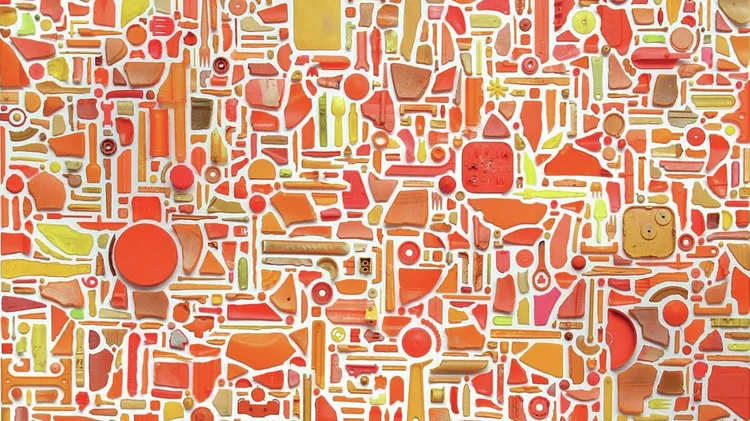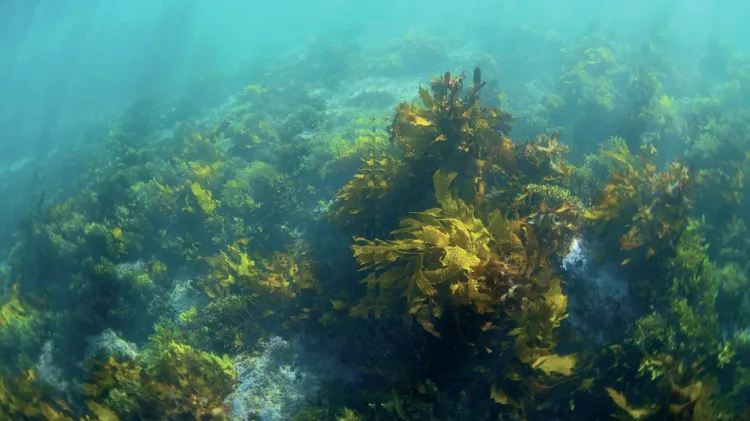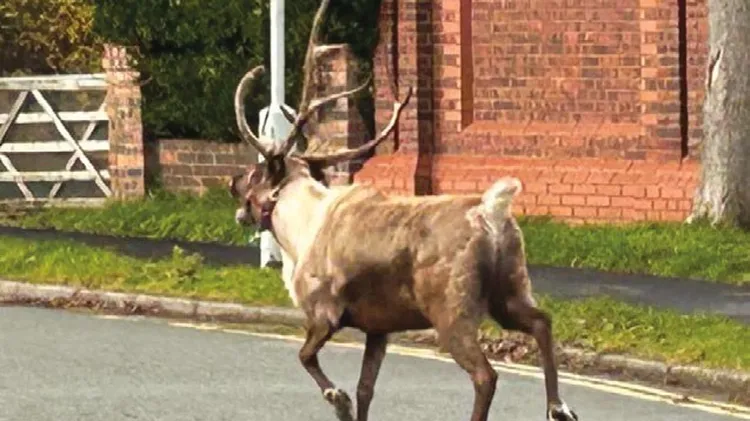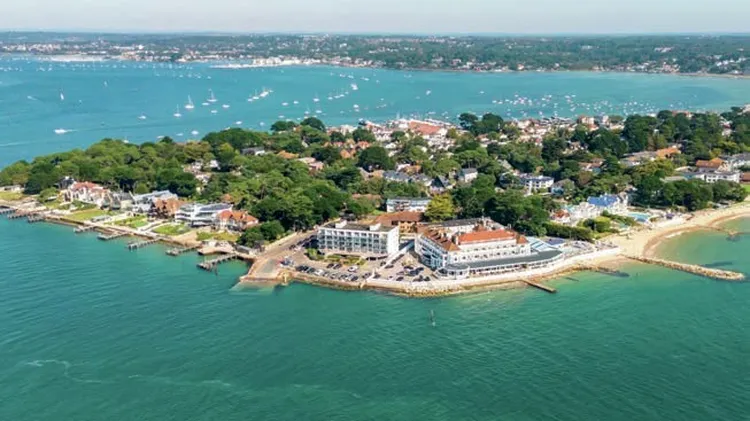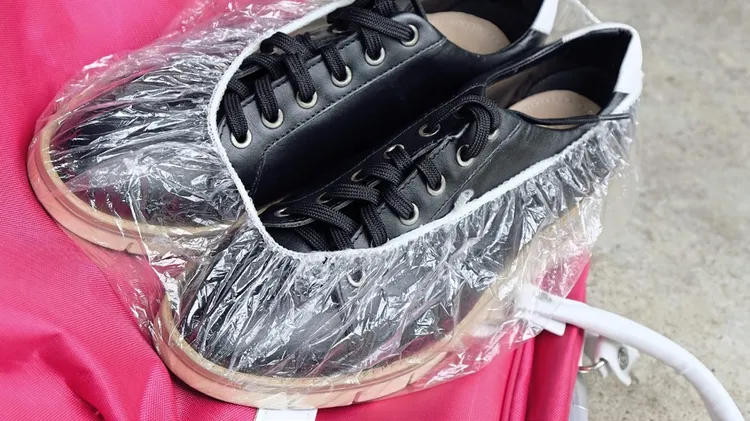When it comes
Reusing plastic is the key to reducing our waste… and nature is showing us how
3 min read
This article is from...
Read this article and 8000+ more magazines and newspapers on Readly

